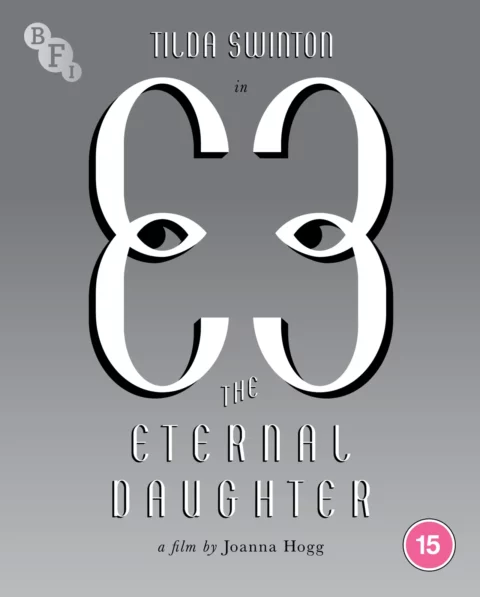director:joanna hogg
title:the eternal daughter
released:22nd january 2024
Synopsis
The clandestine creation of The Eternal Daughter unfolded discreetly amid the confines of the pandemic-induced lockdown, shrouded in secrecy to preserve the mystique awaiting eager audiences. Revealing too much about this enigmatic project would risk unravelling the joy derived from deciphering its intricate riddles. At its core, the narrative revolves around a middle-aged filmmaker portrayed by Swinton and her mother, ensconced in the hallowed halls of an aged countryside inn—an evocative setting laden with personal significance. The film, masquerading as a gothic chiller is full of middle-aged reflections, exploring themes of motherhood, and the poignant ache of loss.
The visual landscape is adorned with swirling mist, ominous shadows, and spectral apparitions glimpsed fleetingly through windows—a tableau that mirrors the heightened stylistic finesse witnessed in The Souvenir Part II. The Eternal Daughter boldly propels director Hogg into uncharted realms while preserving her hallmark naturalistic touch.
the Director
Joanna Hogg is celebrated for her distinctive cinematic approach that melds naturalism with nuanced storytelling. Born in London, she embarked on her artistic journey after studying at the National Film and Television School. In her feature length debut, Unrelated (2007), Hogg unveiled a distinctive observational style that adeptly captures the nuances of interpersonal dynamics within an upper-middle-class setting, she is credited with forging a novel realm of middle-class kitchen sink cinema, Hogg’s storytelling finesse shines through as she navigates the intricacies of relationships within this socio-economic milieu.
Her subsequent works, such as Archipelago (2010) and Exhibition (2013), continued to showcase her knack for exploring the intricacies of relationships and societal expectations. However, it was with the semi-autobiographical The Souvenir (2019) and its sequel The Souvenir Part II (2021) that she garnered widespread acclaim. These films, featuring Tilda Swinton’s daughter Honor Swinton-Byrne, delved into her formative years and marked a departure with more personal, emotionally resonant narratives.
Known for her meticulous attention to detail and commitment to realism, Hogg’s films often eschew conventional plot structures, allowing characters to unfold organically, and with a unique blend of subtlety and emotional depth, Joanna Hogg has firmly established herself as a filmmaker whose storytelling prowess continues to captivate and challenge audiences.
Available now on Blu-ray!


